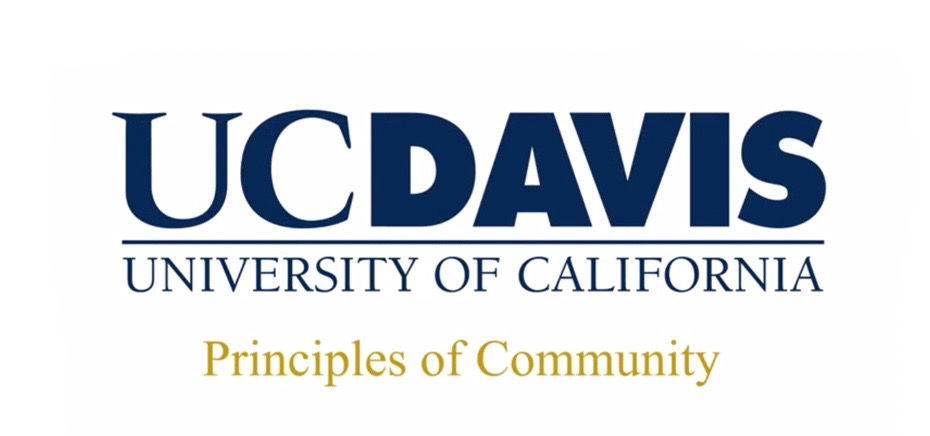KATRINA CROSBY WRITES – College – it’s the perfect opportunity to either make or join a club with peers who share similar interests. Clubs – they’re such an active part of a student’s social life and allow members to feel as if there is a specific home for them on campus. Except – at the University of California, Davis, that opportunity was blocked for some international students when they tried to put together a Chinese Communist Party club.
Earlier this month, a mere handful of Chinese international students came together to discuss creating a branch of the Chinese Communist Party. The point was to meet every two weeks and discuss the party’s agenda and how to stay Communist in a Western educational culture. But when word got out around campus about the club, very shortly after its establishment, its few members began to feel their club was to be very short-lived.
The students were somehow informed that by having the club on campus they might be breaking FARA or the US Foreign Agents Registration Act. Enacted in 1938, this act requires individuals from other countries who take part in any activity of foreign political parties to report to the Department of Justice regularly. By doing this, the Department of Justice would be aware of what groups were developed and potentially propagandizing to the American people, or at least they would have this knowledge at the ready.
This story was little developed in the U.S.media, but got a lot of attention in the news media of Asia. When the South China Morning Post, the respected Hong Kong daily, found out about the UC Davis disbandment, it reached out to Mu Xingsen, who had been the secretary of the party branch, for comment. When interviewed, Mu stated that the reason for the dissolution is because of how the club allegedly did not “not comply with the local laws” and international students “should respect the local laws when [they’re] here.”
The bizarre story came to a swirl of attention on Twitter, with a multitude of people sharing the story and their thoughts on it. One Tweeter, the well-known U.S. journalist John Pomfret, commented, drolly: “Somehow this doesn’t seem like Democrats Abroad… ” Another, Donald Clarke, the distinguished Chinese law professor, humorously commented: “Oops. Somebody forgot that you’re not actually supposed to announce it online, with names and pictures, when you form a Chinese Communist Party cell at UC Davis.”
Our perspective is less amused and more concerned. Precisely because the party’s branch was almost shut down as soon as it started, serious questions arise. One of them being, did the club actually present an actual threat to our state of democracy or undermine Western thought?
It is true that some feared that the presence of the club was China’s way to trowel a layer of evil “Soft Power” on the U.S. But is this plausible? The club consisted all of six Chinese Communist party members and one probationary member. These international students were merely doing what other college students do in their situation — put together a club of interests and beliefs that they share. College should be an opportunity for these expressions to be upheld, regardless of the critical backlash they receive. The club was not a source of propaganda, but rather an opportunity for these students to have a safe place for their political views to be discussed among themselves.
Note that the students willingly dissolved the club as soon as questions arose regarding its legal standing, showing their loyalty to the country they reside within and their respect of our laws.
Our view is that by having all kinds of clubs available on a cosmopolitan U.S. campus, even something as far-out as a Chinese Communist Party study branch, all students can become more knowledgeable about the real world around them. They will also learn to distinguish between a serious threat, versus a kind of counter-cultural defiance of even a lame kind. The truth is we’re sorry the club vanished so quickly.

